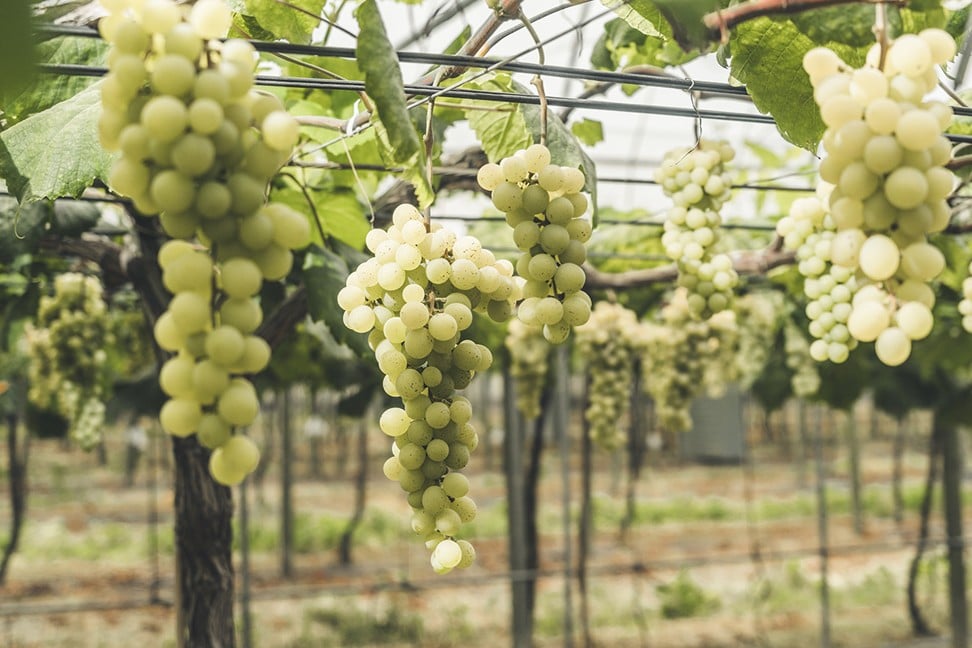
Why Hong Kong connoisseurs – and Michelin-star chefs – are taking note of Taiwan’s wines
Taiwan’s wineries are coming into their own, from Domaine Shu Sheng’s gold medal-winning Vino Formosa Rosso and Moscato Oro Vino Fortificato NV, to Weightstone’s Blanc de Blancs and Gris de Noirs
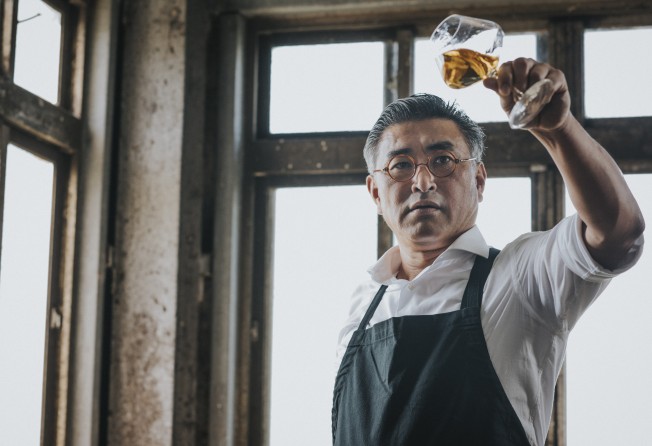
“Is this really made in Taiwan?” Ryohei Hieda marvelled after his first chance encounter with a native sparkling wine years ago. “From the smell of dried goods and Chinese herbal medicines to the aroma of shredded mango ice you dig in, all the flavours you ever experience in Taiwan are encapsulated in this bottle.”
The chef of two Michelin-star-rated Shoun RyuGin restaurant in Taipei was referring to Blanc de Blancs, made by Weightstone Vineyard Estate & Winery, one of Taiwan’s handful of emerging wineries now aiming to place the island on the international map with their premium products.
Winemaking in Taiwan is nothing new. During Japanese colonial rule in the first half of the 20th century, the island imported hundreds of grape varieties. But only the heat-resistant ones survived, including Black Queen, now Taiwan’s dominant wine grape, created by Kawakami Zenbei, the godfather of Japanese viticulture, who combined Bailey and Golden Queen to achieve elegance and durability.

Despite its indifferent quality, Taiwan’s wine industry was sustained for decades largely by government subsidies for farmers who supplied grapes to the wine and tobacco monopoly. In its heyday, Taiwan planted more than 5,000 hectares of wine grapes.
Yet for various reasons the domestic wine market has always lacked dynamism. When subsidies were suspended in 1996, farmers ditched grapes for more lucrative produce such as dragon fruit and grape production plummeted sharply, with cultivated areas being reduced to just a few dozen hectares.
The limited selection of grape varieties is also an issue. Contrary to the typical dry and cool temperate zone natural for premium wine grape growth, Taiwan’s humidity, high temperatures and heavy rainfall sustain barely half a dozen hybrid types such as Golden Muscat and Musann Blanc. Premium vitis vinifera, the common grapevine varieties, such as Cabernet Sauvignon, Pinot noir or Chardonnay, hardly blossom and bear fruit without the aid of costly cooling systems to tackle the heat.
Black Queen and Golden Muscat are not short of defects either. The former has high acidity levels with a hint of grass, and the latter, while less acidic, is foxy and redolent of animal-like aromas. The sugar content of both is 16-19 °Bx on average, as opposed to 22-25 °Bx for typical premium vitis vinifera varieties.
What’s worse, harvesting is dictated by the July-August typhoon season, which sometimes forces growers to pick unripe fruit containing only about half the phenolic compounds found in grapes grown in Bordeaux.
“Among vineyards in dozens of countries I have explored, few places present as many hurdles in winemaking as Taiwan,” says Yusen Lin, author of numerous books on wine, who specialises in Burgundy and Spanish wines but has explored more than 1,000 vineyards in both hemispheres.
However, a new breed of local vignerons is committed to turning Taiwan’s weaknesses into strengths by embracing home terroir, using local grapes to experiment in creating wines unique to the island.
Several years ago, professor Chen Chien-hao, who boasts degrees in brewing from Paris Nanterre University and the University of Burgundy, was asked by the government to help local winery Domaine Shu Sheng improve production.
Among vineyards in dozens of countries I have explored, few places present as many hurdles in winemaking as Taiwan
Chen used local grapes and sought inspiration from Madeira fortified wine, made in tropical climates such as Taiwan’s. During the process, brandy was added to halt fermentation and fortify the alcohol level while preserving the sugar content.
“The flavour was a disappointment for the first two years,” says Chen. “But after four years of ageing, a honey-like sweetness and a pleasant spice character developed. Foxy flavours were reduced. Following a 10 per cent annual evaporation, nature had successfully concentrated the flavours of the wine.”
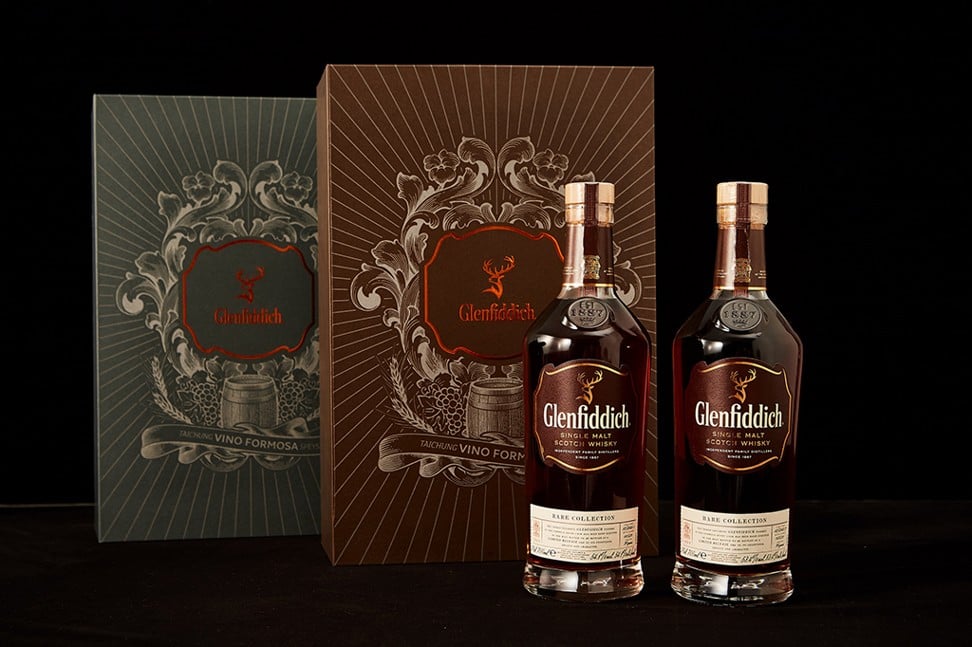
Chen’s Vino Formosa Rosso and Moscato Oro Vino Fortificato NV, made from Black Queen and Golden Muscat grapes respectively, have snapped up several gold medals in the fortified wine category at prestigious world awards such as the New York World Wine & Spirits Competition, the International Wine Challenge, Mundus Vini and Vinalies Internationales. A small number of these wines were previously available at Le Suquet, a one-time three Michelin-star restaurant run by chef Sébastien Bras at Laguiole in southern France.
In contrast to Domaine Shu Sheng’s fortified wine style, Weightstone wows the market with its elegant sparkling wines – Blanc de Blancs and Gris de Noirs made in a bottle-fermented and hand-riddled méthode traditionnelle, a process used to make the finest sparkling wines and champagnes.
“Weightstone’s Blanc de Blancs in an extra brut style is textured in a balanced bright acidity, an expanding richness of ripened pineapple, pear, peach, mango, lychee, ginger and herbal tones, finishing in a crisp, lively and lingering impression,” says Winston Wong, director of Sens Wine Cellar in Hong Kong.
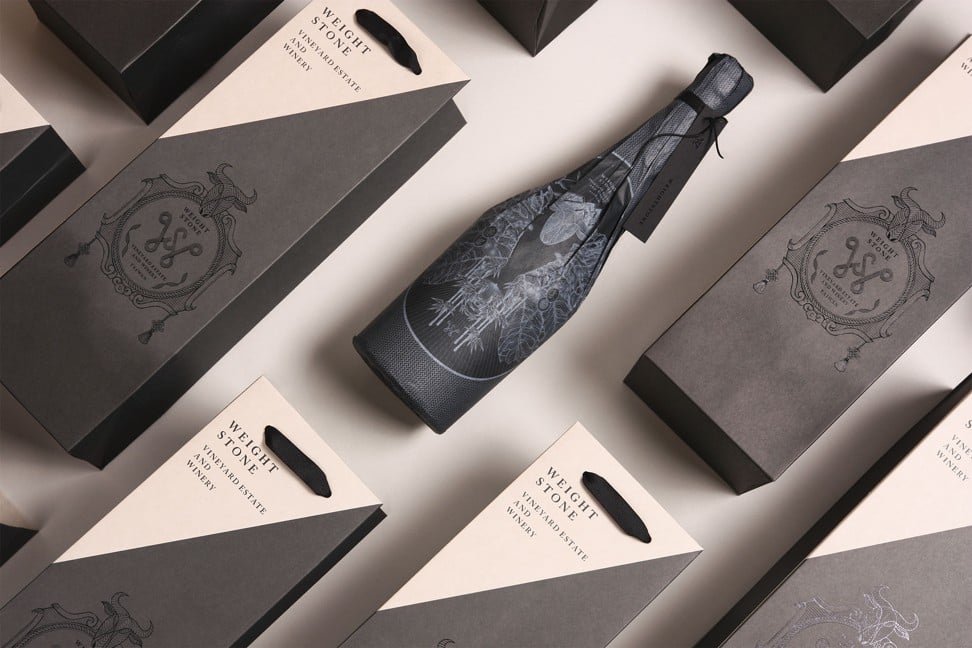
Wong adds that this fruity bottle blending Golden Muscat and Musann Blanc pairs well with dim sum such as shrimp dumplings as well as Southeast Asian cuisines rich in spices and herbs, while its fine bubbles enhance the freshness of food.
Gris de Noirs Rosé Extra Brut, made with 100 per cent Black Queen – which garnered a silver at the 2018 Decanter World Wine Awards and a bronze at the 2018 International Wine Challenge – gives unique green and black plum, strawberry and grapefruit flavours with fine, delicate salmon pink-to-golden coloured bubbles. Also worth noticing is Weightstone’s Musann Blanc.
“Unique to Taiwan, Musann Blanc is particularly aromatic with a complex flavour profile of Taiwanese fruits but low sugar and high acidity contents, perfect for making still wines,” says Vivian Yang, CEO of Weightstone, who also produced Pét-Nat wines in 2018 with Hong Kong winemaker Eddie McDougall.
Meanwhile, other Taiwanese winemakers are trying their hand at Grappa, the Italian-style distilled spirit obtained through the distillation of the pomace from skins, seeds, a small quantity of pulp and must of pressed grapes.
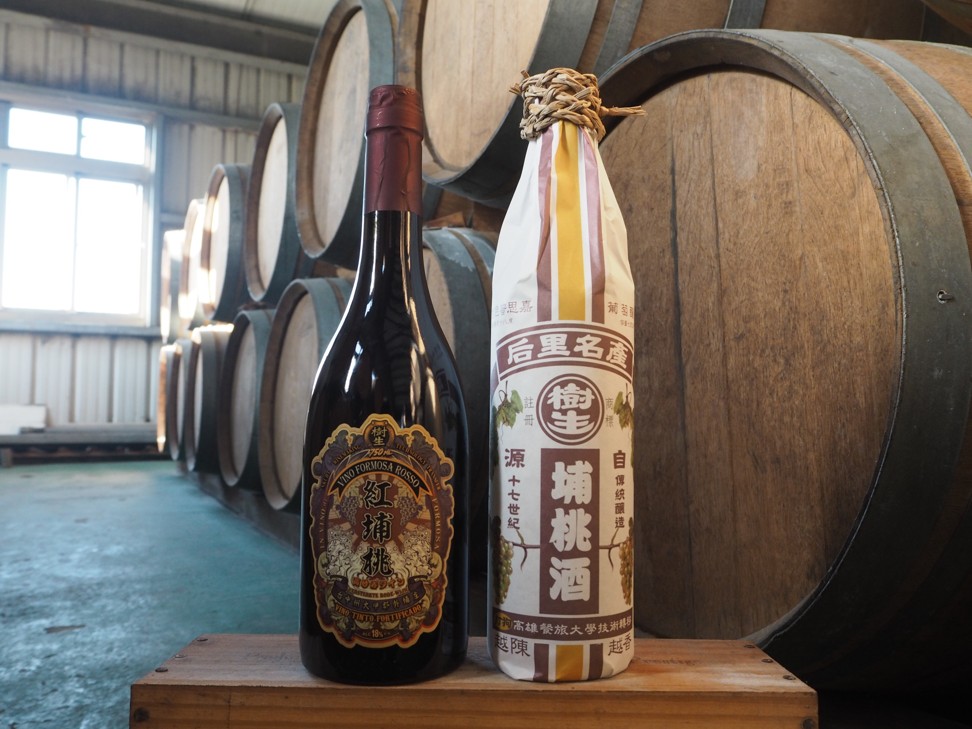
“In Taiwan, some vineyards harvest twice a year. Compared to the summer harvest, winter vintage yields less in quantity but the grapes are more aromatic with higher sugar and acidity contents, ideal for making premium pomace brandy,” says Benson Yang, of Benson Winery, which also produces flavoured pomace brandy by fermenting wines steeped with lychee, guava and passion fruit.
Its Domaine Croissance Profonde Pomace Brandy 2014 won a bronze at the 2017 Cathay Pacific Hong Kong International Wine & Spirit Competition. While Taiwanese winemakers are upbeat about brewing new products – such as orange wines – and thrilled to expand beyond their borders, most agree that lowering prices and boosting production volumes remain barriers to international growth. So far, production at several wineries hovers around a few thousand bottles, with a retail price of around US$100 per bottle.
Nevertheless, some connoisseurs in Hong Kong who are interested in terroir wines are starting to take note of Taiwan and other lesser known wine regions.
“While the world’s prestigious estate wines remain dominant in the Hong Kong wine market, partly as an investment asset class, some connoisseurs are starting to exhibit interest in indigenous wine grapes elsewhere in the world that feature local terroir, such as Taiwan, although it takes time for them to acquire a new taste,” says Wong, of Sens Wine Cellar.